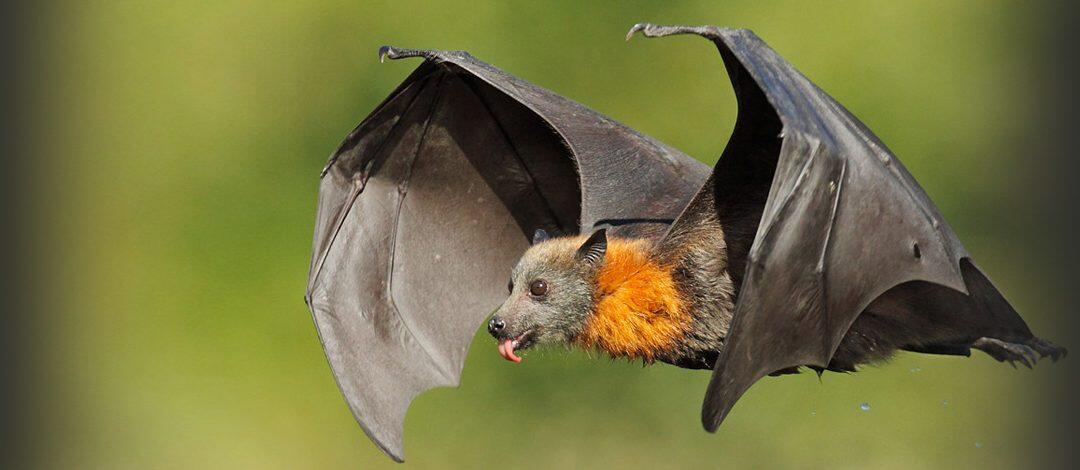The human being is a noisy, so much so that certain animals have to adapt their communication systems to survive, such as birds singing alter their city in urban environments. A new study shows that certain bats also modify their hunting techniques when anthropogenic noise prevents them from acting.
The bat lips fringes (fringe-lipped bat), who lives in South American rain forests, feeds mainly on frogs túngaras guided by your hearing acuity to perceive low frequency signals generated amphibians to mate. However, when the road noise is too high you have to change tactics to survive and continue hunting.
A study, published in Science, reveals that anthropogenic noise forced him to use a second sense: echolocation, a skill that allows them to know their environment through the emission of sounds and interpret the echo objects around produce due to them.
According to Mike Ryan, a professor at the University of Texas at Austin (USA) and co-author it indicates that bats do something similar to what humans do at a noisy party. Among all the conversations that are heard, people can focus on one speaker and “disconnected” from the rest.
“This change in sensory tactics could bat the only animals besides humans, react this way to excessive noise,” explains Wouter Halfwerk, co-author and researcher at the VU University of Amsterdam (Netherlands) .
An experiment with robotic frogs
Given that frogs are a favorite prey of this species of bats, the team used 12 wild-caught bats to perform several experiments in outdoor cages in Panama with two robotic frogs. In addition to issuing calls, frogs move the vocal sac swells and is allowing bats locate them in noisy environments.
When scientists increased above sound signals frogs, echolocation of bats rose and mammals attacked more often the robot that emitted both signals (call and movement of the vocal sac) that only emitted signals mating . Without the artificial noise, bats attacked both robotic alike amphibians.
“With this study we demonstrate that animals can be adapted to the level of noise by using their other senses, and this will have major implications for other species seeking prey, avoid predators or attract couples in environments in which hit men”, concludes Halfwerk .











